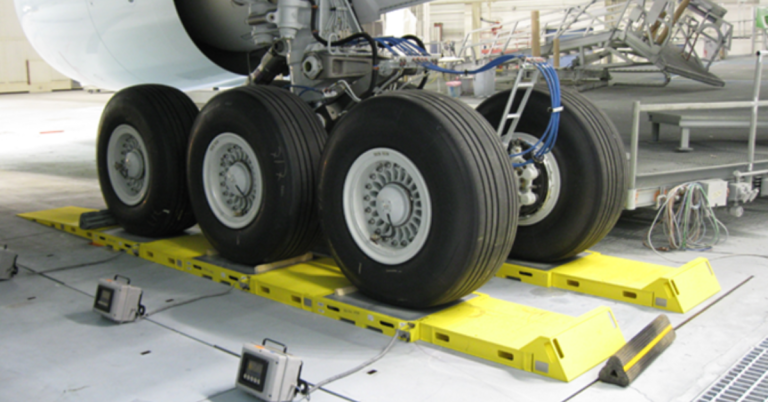Can Fleet Tracking Technology Boost Efficiency In Your Business?
The average driver in the UK lost 80 hours or £707 in time due to traffic congestion in 2022, while traffic delays increased in 79 out of 110 urban areas year-on-year. Avoiding this level of wasted time and unnecessary expense is one of the many challenges fleet managers face while searching for ways to enhance driver safety and optimise fuel consumption. However, fleet tracking technology can make a real difference in improving efficiency, thereby reducing costs and increasing customer satisfaction.
Congestion’s Negative Impact
The negative impact of congestion on your business goes beyond wasting time and money due to your fleet being stuck in traffic. Some of the most common ways that congestion can affect operations include:
- Vehicle wear and tear.
- Late deliveries and missed appointments.
- Longer travel times.
- Potentially higher accident rates leading to increased insurance premiums.
- Increased fuel consumption and additional charges such as tolls, parking fees, and Clean Air Zone charges in some cities.
- Environmental impact from increased greenhouse gas emissions and air pollution.
Fleet managers can use various strategies and tools to boost efficiency and reduce congestion’s negative impact. One approach is to invest in vehicle tracking technology, which provides real-time information that managers and drivers can use to make various adjustments that result in enhanced efficiency and operations.
How Fleet Tracking Can Help
Fleet tracking has the potential to become a vital aspect of your business by streamlining managerial and driver operations. These are some of the ways that using GPS trackers in your fleet can benefit your business:
Real-Time Monitoring
GPS tracking technology allows you to monitor your fleet at all times. In addition to knowing where all your vehicles are, regular monitoring enables fleet managers to address issues as they arise. This monitoring includes metrics such as speeding, rapid acceleration, and sharp braking.
You can give helpful feedback to your drivers in real time, encouraging them to use safer driving practices. Along with enhancing their behaviour and safety, this can reduce the risk of accidents and help reduce insurance claims, repair costs, and downtime.
Improved Routing
Fleet tracking technology allows fleet managers to observe and review routes used by fleet drivers. Understanding driving routes taken by fleet drivers can help to plan more efficient routes, save time, reduce fuel consumption, and ensure timely deliveries.
Lower fuel consumption and spending less time on the road also help reduce your fleet’s greenhouse gas emissions. This can help your business meet sustainability goals or contribute to a greener environment.
Optimised Maintenance and Less Downtime
You can use the insights offered by GPS vehicle tracking technology to optimise maintenance, thereby reducing downtime. Fleet tracking technology offers more accurate engine hour and mileage tracking. These metrics make it easier to proactively plan maintenance, which in turn can reduce repair costs and downtime, while also enhancing efficiency.
If a vehicle in your fleet breaks down unexpectedly, tracking technology gives you data about its precise location. This enables you to find the nearest service centres, send roadside assistance, or send a replacement vehicle quickly, ensuring your business’ operations experience minimal disruption.
A Tool of Modern Fleet Management
Offering numerous benefits to boost efficiency, GPS vehicle tracking technology from Crystal Ball is a game-changing tool for modern fleet management. Leverage this technology to track and manage driving routes, reduce fuel consumption, monitor driver behaviour, proactively maintain your fleet, and ensure compliance and operational efficiency.






